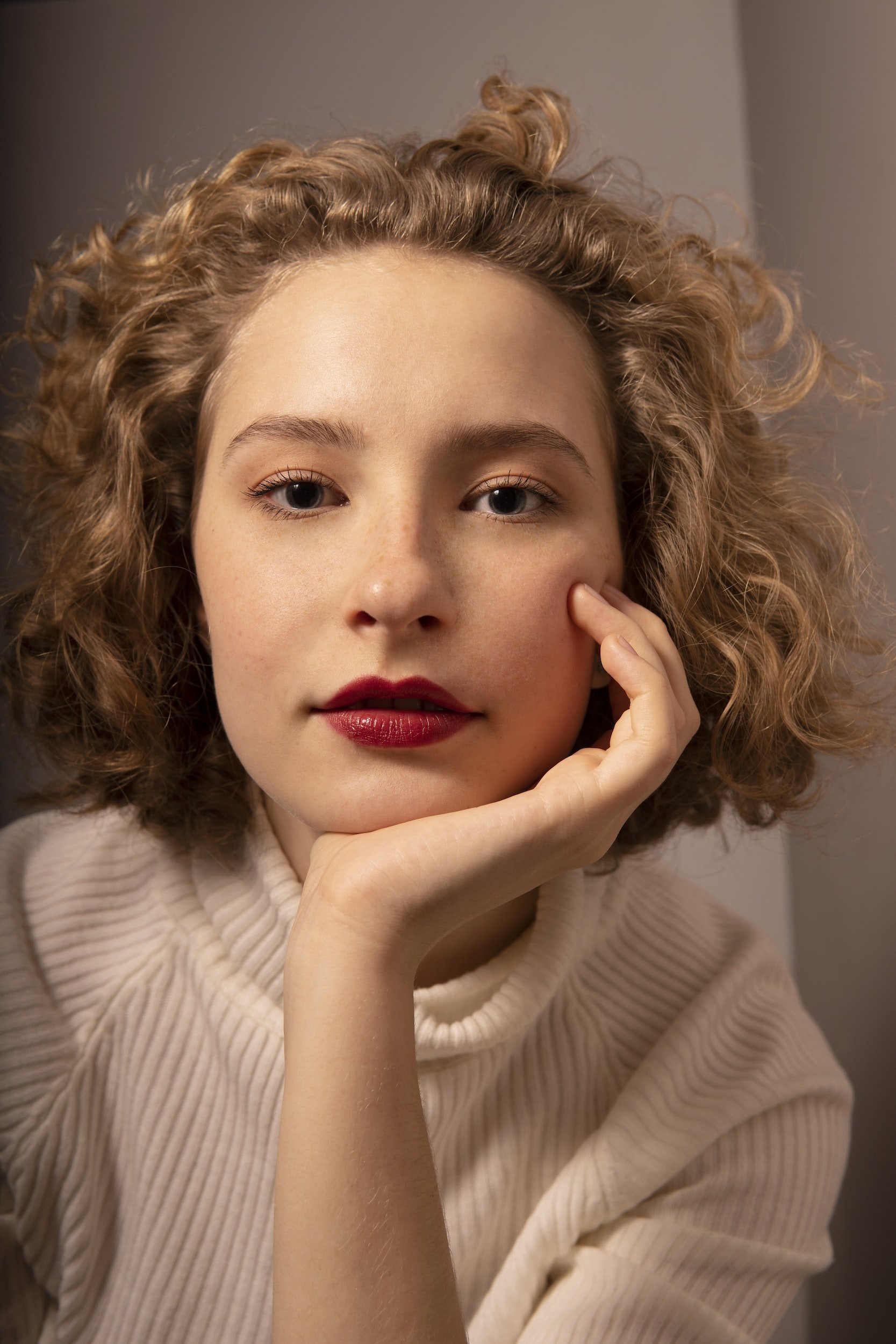
Buccal Fat Removal in Denver, CO
Looking for a more sculpted appearance?
Have you always had fuller cheeks than you’ve wanted? Would you describe yourself as having “chipmunk cheeks?” If you’re looking for a more sculpted appearance with more defined cheekbones, a buccal fat removal procedure may be appropriate for you.
Our buccal fat pads lie under the muscles of our face, just below our cheekbones. While some fullness in that area is important to avoid looking hollow, some patients have excess buccal fat that prevents a defined appearance.
Buccal fat pad removal can be performed in Dr. Misch’s Denver, CO office while awake, using local anesthesia.

Who is buccal fat pad removal candidate?
You are a candidate for buccal fat pad removal surgery if you have full cheeks and are bothered by the roundness of your face. It is important to note that not everyone should undergo buccal fat pad removal. As we see in certain celebrities, taking buccal fat from an already slim face can cause someone to look gaunt and strange! Dr. Misch will examine your face and determine if you are a candidate during your consultation.
You should be overall healthy. It is also important to have realistic expectations and a positive attitude to help you navigate your recovery!
What are the benefits of buccal fat pad removal?
A buccal fat pad removal will help reduce overly full cheeks, or “chipmunk cheeks,” and give the face a more sculpted, defined appearance. Your cheekbones will appear more prominent and highlighted.
An additional benefit of buccal fat pad removal is its ability to be performed in office, awake, under only local anesthesia. This allows for a quicker surgical recovery.
What is buccal fat pad removal recovery like?
Buccal fat pad removal involves making a small incision on the inside of your cheek within your mouth. You will not have any external incisions or stitches. All stitches will dissolve on their own. You will have swelling of the cheeks initially- your face may briefly look fuller than it did to start! This will soon diminish and will be resolved by around 2 weeks. You may have mild bruising, but this is uncommon. Pain is minimal.
As with all surgeries, full results can take time. Dr. Misch will be with you every step of your recovery!

Why choose Dr. Misch for your buccal fat pad removal?
Dr. Misch is a fellowship trained, board certified facial plastic surgeon and one of the few female facial plastic surgeons in the Denver, CO region.
Dr. Misch’s meticulous surgical technique will provide excellent results for your buccal fat pad removal surgery.
She will provide caring, compassionate treatment, both before and after your surgery. She is available to answer your questions throughout your recovery. You will truly have someone supporting you every step of the way!
Get the sculpted cheeks you were meant to have!

Look and feel better, younger, refreshed. Improved.
Schedule a ConsultationWhen we feel confident, the people around us notice. Through an individualized, tailor made treatment plan, Dr. Misch can help you feel more self assured.
Buccal Fat Removal FAQs
-
To start, no one NEEDS a buccal fat removal! It simply depends on what your goals are.
There really are no good less invasive procedures for buccal fat removal. Injectable filler can be used to highlight the upper cheeks and cheekbones and take the emphasis away from your lower cheeks, but too much filler in this area can make you look puffy and unnatural.
-
The incisions for a buccal fat removal are hidden on the inside of your cheeks inside your mouth. The incisions are ~ 1/2 inch and on each side of your cheek. The sutures dissolve on their own and do not need to be removed.
-
Most herbal supplements should be stopped 2 weeks prior to surgery. Any blood thinner or aspirin will also need to be stopped. You should avoid taking NSAIDs for 7 days prior to surgery.
Supplements like arnica, bromelain, vitamin C, and zinc may be taken prior to surgery, as these can help reduce bruising and swelling.
Pain medication may be prescribed after surgery. You will also be prescribed an antibiotic mouthrinse.
Dr. Misch will personally review your medication list prior to surgery and discuss what to and not to take with you directly.
-
Buccal fat pad removal is not appropriate for all patients. Your specific anatomy must be taken into consideration. If you remove buccal fat on a patient who does not have an excess amount, they will end up looking gaunt and older than they did before surgery.
-
Buccal fat are fat pads that exist in the central lower cheek. Some people have genetically larger buccal fat pads, which can create a fuller, “chipmunk- like” cheek.
-
Yes! Buccal fat removal is a relatively simple procedure that involves making small incisions inside the mouth and removing some of the fat pad. Dissolvable sutures are then used to close the incisions.
-
There are no external scars in the procedure. The incisions are hidden inside the mouth.
-
Yes! You do not need to go under anesthesia for a buccal fat reduction. It is easily performed under local anesthesia in the office. Dr. Misch will inject numbing medication in your cheeks so you will not feel any discomfort.
-
Buccal fat reduction can slim your cheeks and give you more defined facial features. The closest approximation to simulating a buccal fat reduction is making a “fish face.” The area of the cheeks you suck in while making the face is the buccal fat region.
-
Immediately after surgery, your cheeks will be swollen, making the effect difficult to see. Your swelling will continue to improve over the weeks following surgery and you can expect to see final results by 3-6 months.
-
No. The buccal fat pad is reduced in size, but not completely removed. It is important to not remove all the fat because this can lead to a more gaunt, aged appearance, especially as we get older. Some fat in the face is good!
-
The fat that is removed will never grow back. It is possible, however, that the remaining buccal fat may enlarge over time. This can happen due to weight gain or aging.

